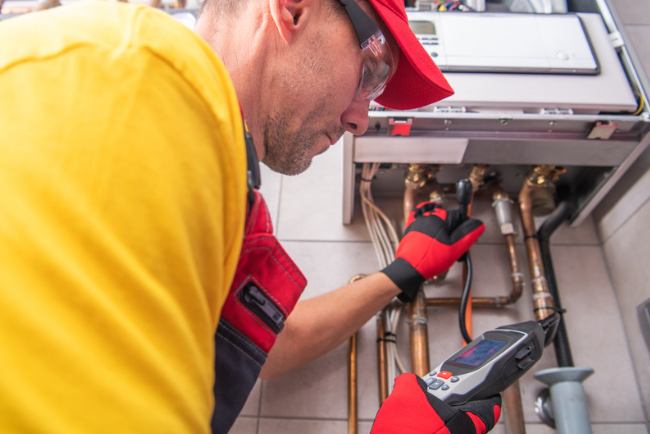Energy Conservation vs. Indoor Air Quality in Your Home
- info5400353
- Sep 29, 2023
- 2 min read
Updated: Oct 4, 2023
As homeowners, we constantly strive to make our homes more energy-efficient while ensuring that the air we breathe indoors is of the highest quality. But what happens when these two goals appear to be at odds with each other? Is energy conservation more important than indoor air quality? How much energy is being used to maintain your indoor air quality? Let's delve into these questions and find the delicate balance between energy conservation and indoor air quality.

Is Energy Conservation More Important Than Indoor Air Quality?
Energy conservation and indoor air quality are both crucial aspects of creating a healthy and sustainable home environment. However, it's not necessarily a matter of one being more important than the other; rather, it's about finding the right balance.
The Case for Energy Conservation:
Lower energy consumption reduces your carbon footprint and energy bills.
Energy-efficient homes are often more comfortable, with fewer drafts and temperature fluctuations.
Conserving energy is crucial for addressing climate change and reducing greenhouse gas emissions.
The Case for Indoor Air Quality:
Poor indoor air quality can lead to health issues, including allergies, respiratory problems, and asthma.
Good indoor air quality enhances comfort, productivity, and overall well-being.
Proper ventilation and filtration are essential for removing pollutants and allergens.
How Much Energy is Being Used to Maintain Indoor Air Quality?
Maintaining indoor air quality does consume energy, but the impact can vary depending on several factors:
Ventilation: Adequate ventilation is crucial for fresh air circulation, but it can lead to energy loss, especially in extreme climates. Energy Recovery Ventilators (ERVs) and Heat Recovery Ventilators (HRVs) can help mitigate this by exchanging heat between incoming and outgoing air.
Air Filtration: High-efficiency air filters can reduce indoor air pollutants, but they may restrict airflow, causing your HVAC system to work harder.
Humidity Control: Managing indoor humidity levels can affect both energy consumption and comfort. Overly dry or humid conditions can lead to increased heating or cooling needs.
Zoning: Zoned HVAC systems allow you to control heating and cooling in specific areas, optimizing energy use where needed.
Finding the Balance
Balancing energy conservation and indoor air quality is achievable with thoughtful strategies:
Regular Maintenance: Ensure your HVAC system is well-maintained, with clean filters and proper sealing. This helps maintain efficiency while preserving air quality.
Smart Thermostats: Invest in a smart thermostat that can optimize energy usage without compromising comfort. Some models even consider indoor air quality in their recommendations.
Air Quality Solutions: Use air purifiers and humidifiers strategically, focusing on rooms where air quality matters most, such as bedrooms or home offices.
Zone Control: If possible, implement zoning to concentrate heating or cooling where it's needed most, reducing energy waste.
Natural Ventilation: Take advantage of natural ventilation when outdoor conditions allow, reducing the need for mechanical ventilation.
In conclusion, the choice between energy conservation and indoor air quality is not an either-or proposition. It's about finding a harmonious balance that aligns with your priorities and lifestyle. Investing in energy-efficient systems, proper maintenance, and smart technologies can help you achieve both goals, ensuring a healthy and sustainable living environment for you and your family.
If you find yourself uncertain about where to begin or in search of professional guidance and support, Grille Mechanical is readily available to assist you. Renowned for our outstanding track record and unwavering dedication to our clients, we assure you receive exceptional service customized to meet your specific requirements.








Comments